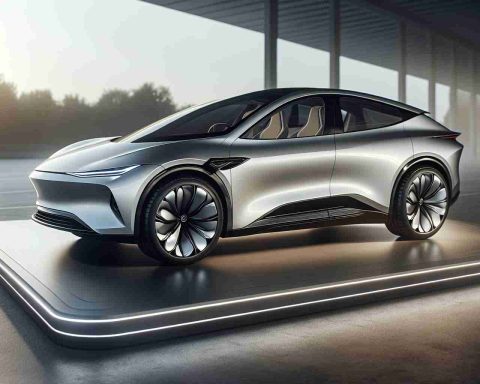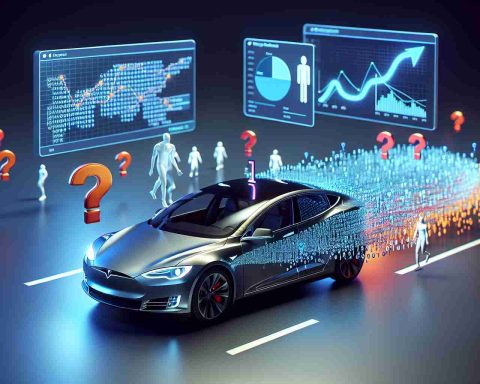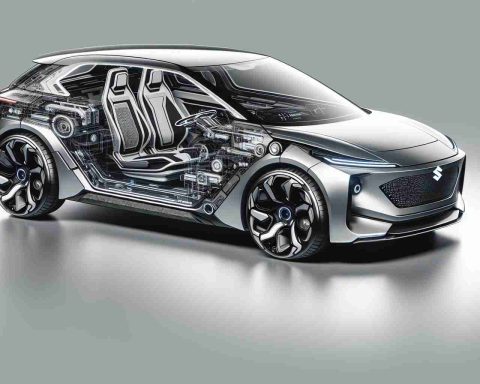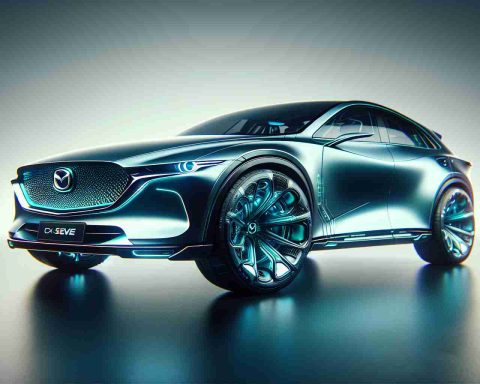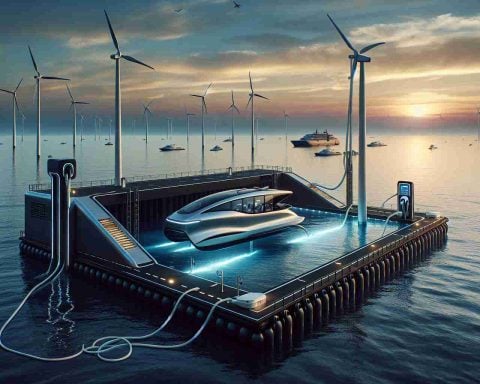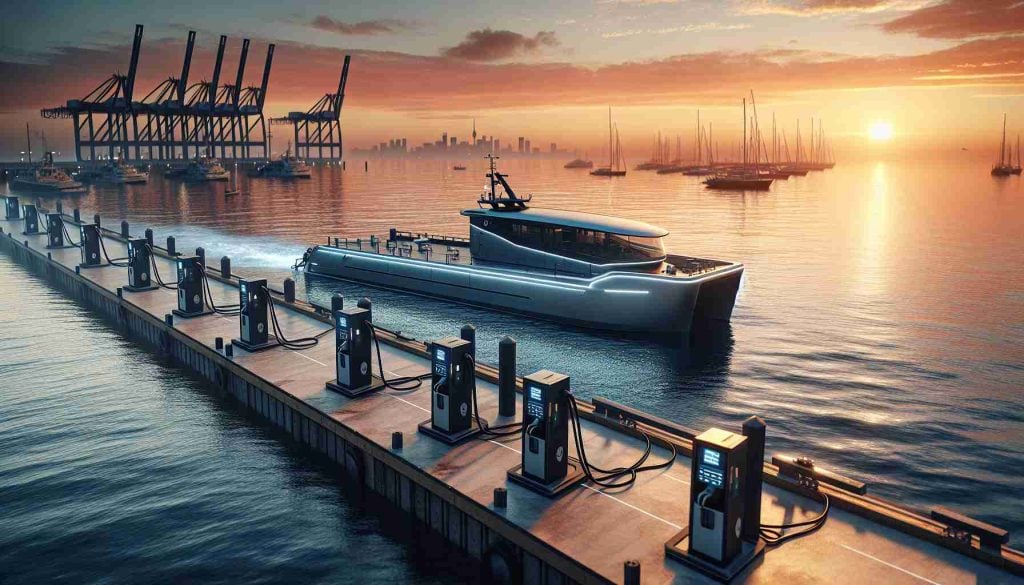- E-bikes combine pedal power with electric assistance for a unique riding experience.
- The global e-bike market is expected to grow from USD 66.78 billion in 2024 to USD 170.14 billion by 2032.
- Urban commuters prefer e-bikes for their flexibility and convenience, promoting sustainable transportation.
- Advancements in battery technology have made e-bikes more efficient and affordable.
- Dedicated bike lanes and charging infrastructure are enhancing the practicality of e-bikes in cities.
- Specialized e-bike models, such as mountain and cargo variants, cater to diverse user needs.
- Government support and incentives are propelling the e-bike movement toward a cleaner future.
Electric bicycles, or e-bikes, are revolutionizing the way we think about transportation. Imagine gliding through bustling streets without the hassle of traffic, while getting a workout at the same time. With an electric motor and battery, these innovative bikes provide a thrilling ride that combines pedal power with the ease of electric assistance.
As the global demand for eco-friendly options skyrockets, the e-bike market is projected to soar from a whopping USD 66.78 billion in 2024 to approximately USD 170.14 billion by 2032, fueled by a clear push for sustainability and healthier lifestyles. Urban dwellers are trading in their cars for the flexible freedom e-bikes offer, making them a popular choice for commuting, recreational riding, and delivery services.
The rise of technology plays a crucial role, too. Advances in battery life and design mean that e-bikes are not only more efficient but also affordable for the average consumer. As cities expand their infrastructure with dedicated bike lanes and charging stations, the practicality of choosing e-bikes becomes undeniable.
In addition to alleviating urban congestion and reducing carbon footprints, specialized models, like electric mountain bikes and cargo e-bikes, cater to various needs, making them appealing to a broader audience—from adventurers to busy families.
With increasing government support and incentives for electric vehicles, the e-bike market is not just a trend; it’s a movement toward a cleaner, more dynamic future. Ready to join the ride? Embrace the change and pedal your way into a sustainable tomorrow!
Unlock the Future of Transportation: Why E-Bikes Are Your Best Bet!
Overview of Electric Bicycles (E-Bikes)
Electric bicycles, or e-bikes, are changing the landscape of transportation. They offer an eco-friendly solution that combines convenience with physical fitness, allowing riders to navigate busy streets without the stress of traffic. With an electric motor and battery system, e-bikes effortlessly blend the freedom of cycling with the power of electricity, making them an attractive option for many.
Market Forecast for E-Bikes
The e-bike market is witnessing exponential growth, projected to increase from USD 66.78 billion in 2024 to approximately USD 170.14 billion by 2032. This surge is driven by a global movement towards sustainability, healthier living, and a desire to reduce urban congestion.
Innovations in E-Bike Technology
Recent advancements in battery technology have significantly enhanced the efficiency and affordability of e-bikes. Newer models feature improved battery life, quicker charging times, and lighter designs, making them more accessible to a broader audience. Moreover, integrated technology like GPS navigation and smartphone connectivity is becoming standard, enhancing the user experience.
Use Cases and Consumer Appeal
E-bikes cater to diverse needs. Urban commuters benefit from their agility in traffic, while outdoor enthusiasts enjoy electric mountain bikes designed for rugged terrains. Families are increasingly turning to cargo e-bikes for errands and school runs, showcasing the versatility and practicality of these bikes across different lifestyles.
Pros and Cons of E-Bikes
Pros:
– Eco-Friendly: Reduces reliance on fossil fuels.
– Cost-Effective: Lower commuting costs compared to cars.
– Health Benefits: Encourages physical activity.
Cons:
– Initial Investment: Higher upfront cost compared to traditional bikes.
– Maintenance: Requires battery upkeep and occasional servicing.
– Weight: Heavier than standard bicycles, potentially affecting transportability.
Key Questions About E-Bikes
1. What is the average lifespan of an e-bike battery?
– The average lifespan of an e-bike battery is typically 3 to 5 years, depending on usage, maintenance, and charging practices.
2. Are e-bikes allowed on bike paths and lanes?
– Yes, e-bikes can generally be used on bike paths and lanes, but regulations may vary by region. It’s essential to check local laws before riding.
3. What types of e-bikes are available?
– E-bikes come in various types, including commuter bikes, mountain bikes, folding bikes, and cargo bikes, each designed for specific use cases and rider preferences.
Market Insights
– Sustainability Trends: The growing emphasis on reducing carbon footprints is pushing more consumers towards e-bikes.
– Infrastructure Development: Cities are expanding their bike-lane networks, making e-bikes a more viable transportation option.
Pricing and Specifications
While prices vary widely, e-bikes generally range from USD 500 for basic models to over USD 5,000 for high-end electric bikes. Key specifications to consider include:
– Motor Power: Typically 250W to 750W.
– Battery Capacity: Measured in Wh (watt-hours), affecting range and performance.
– Range: Most e-bikes have a range of around 20 to 70 miles on a single charge, depending on usage and terrain.
Embrace the shift toward sustainable transport and consider integrating an e-bike into your daily life!
For more information about electric bicycles and their impact on commuting, you can visit Electric Bike.

